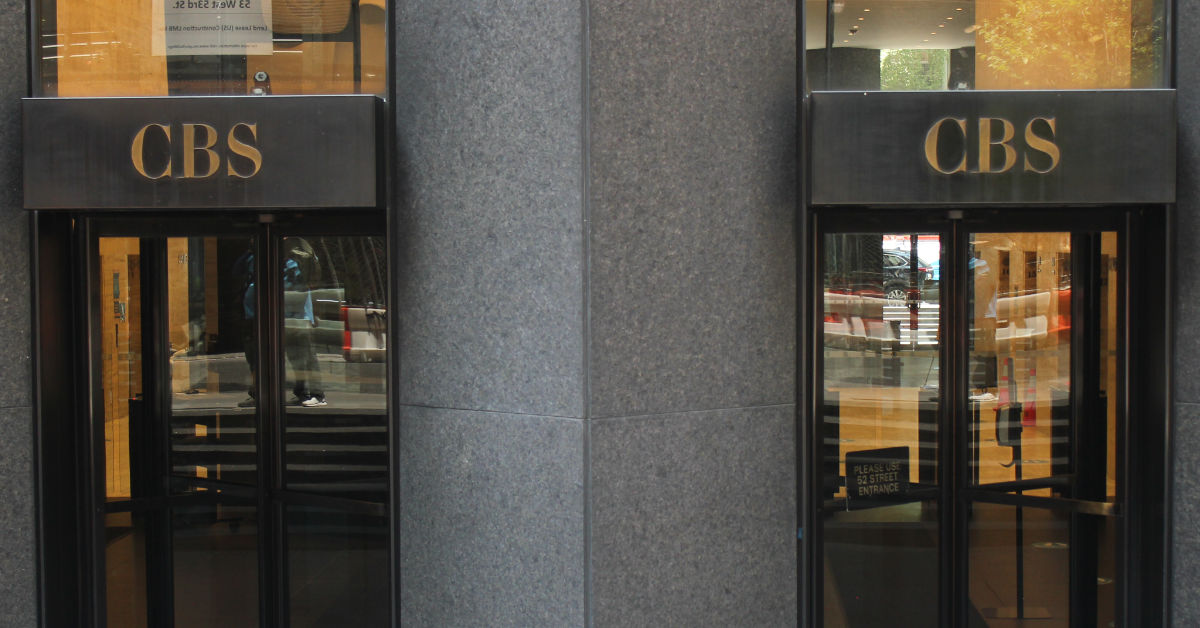
A CBS television station in California is suing a local police department that has refused to hand over police footage of an officer-involved shooting, in spite of a state law that requires them to do so.
The station, KOVR-TV (Channel 13) of Sacramento, says investigative reporter Julie Watts has tried to work with the Roseville Police Department to gain access to video footage that showed an officer-involved shooting involving 35-year-old Eric Abril last year.
On April 6, officers with the California Highway Patrol (CHP) tried to search an arrest warrant on Abril while he was walking his dogs in a Roseville park. Instead of complying, Abril fled from officers, engaging in a shootout before taking two elderly people hostage in an open field.
One of the hostages was killed in an exchange of gunfire between CHP and Roseville police officers and Abril. Several other people, including a CHP officer, were hurt in the incident.
Abril was eventually taken into custody. He made headlines several months later after escaping from a local hospital, triggering another manhunt that lasted more than a day.
Under a law passed in 2018, California law enforcement agencies are required to disclose footage of officer-involved shootings to the public. The disclosure does not require anyone to file a request under the state’s open records law, but most agencies do so once a news organization has filed a request.
KOVR says it filed requests with the CHP and the Roseville Police Department to that effect. For six months, the CHP “claimed dash camera and aerial video from the shootout didn’t exist,” though Watts said the station knew it did.
After repeated warnings to the CHP that its failure to turn over the footage was against the law, the agency ultimately did disclose an edited portion of footage of the pursuit, shootout and arrest, the station said.
The Roseville Police Department has held on to most of its footage, releasing only a 39-second excerpt of body camera video that shows officers shooting at each other during the melee, KOVR said. The rest of the footage has been kept from public view, despite numerous requests from the station for it.
That video is critical to understanding who fired the shot that killed one of the hostages, the station proffered, noting that an autopsy report generated by the Placer County Sheriff’s Department — which has still not been released to the public — was inconclusive on that point.
Officials with the Roseville Police Department say they are “confident” that Abril “fatally shot” the hostage, but have refused to release any video that proves their position because they feel it is exempt under California law, KOVR said.
To that end, the Roseville Police Department has interpreted California’s open records law to require disclosure only of video footage that shows a firearm being discharged — not video footage that shows the overall incident during which a firearm is discharged, according to the TV station.
Phil Ting, the state lawmaker who wrote the law, said the police department’s interpretation of the law is incorrect.
“In order to provide transparency, you need to know what’s happening leading up to the confrontation,” Ting said in an interview with the station.
This week, KOVR said it and two other stations based in San Francisco and Los Angeles had filed a civil lawsuit against the Roseville Police Department in an effort to compel the agency to turn over the footage.
“In California, if an agency refuses to release public records, the only option is to sue to compel them to comply with the law,” Watts wrote in her report on the matter. “So, after nearly a year of fighting for the video, that’s what CBS has decided to do.”
Watts said KOVR and its sister stations were not pursuing the footage in order to air sensational, graphic footage, but rather to “provide context, clarity and closure for a traumatized community.”
“The purpose of the lawsuit is to prevent one agency from effectively rewriting state law.,” Watts said.
At least one former law enforcement official seems to back the police department on the matter. In an interview with KOVR, former Sacramento County Sheriff-turned-conservative radio host John McGinnis said if the Roseville Police Department felt they were legally in the clear, “I say stand on principle and let another branch of government make that decision.”
The first court hearing on the matter is scheduled for May.